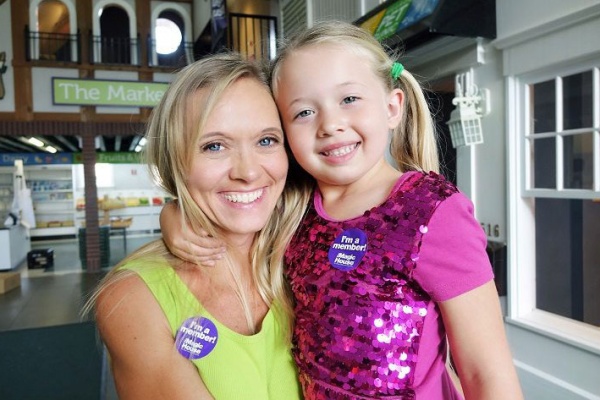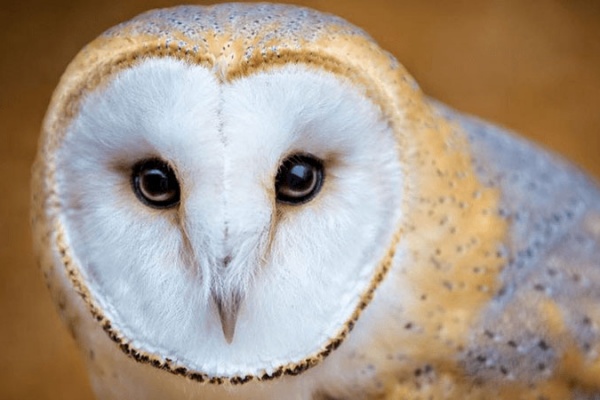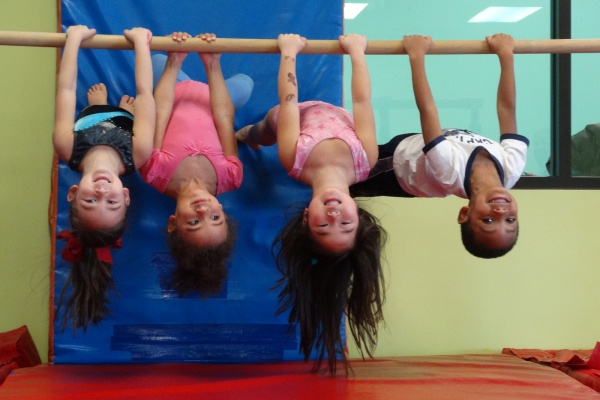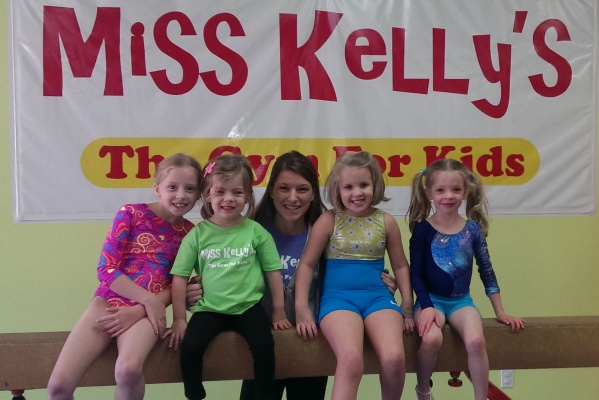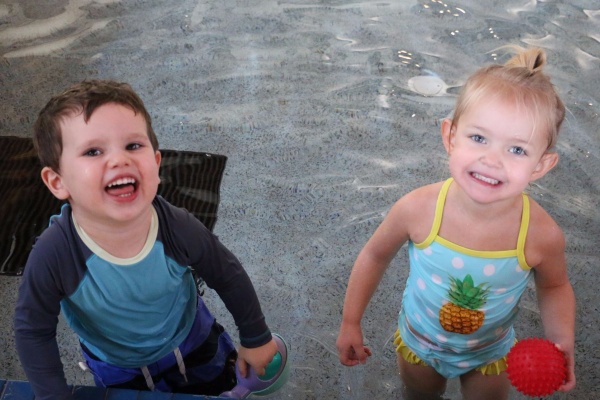
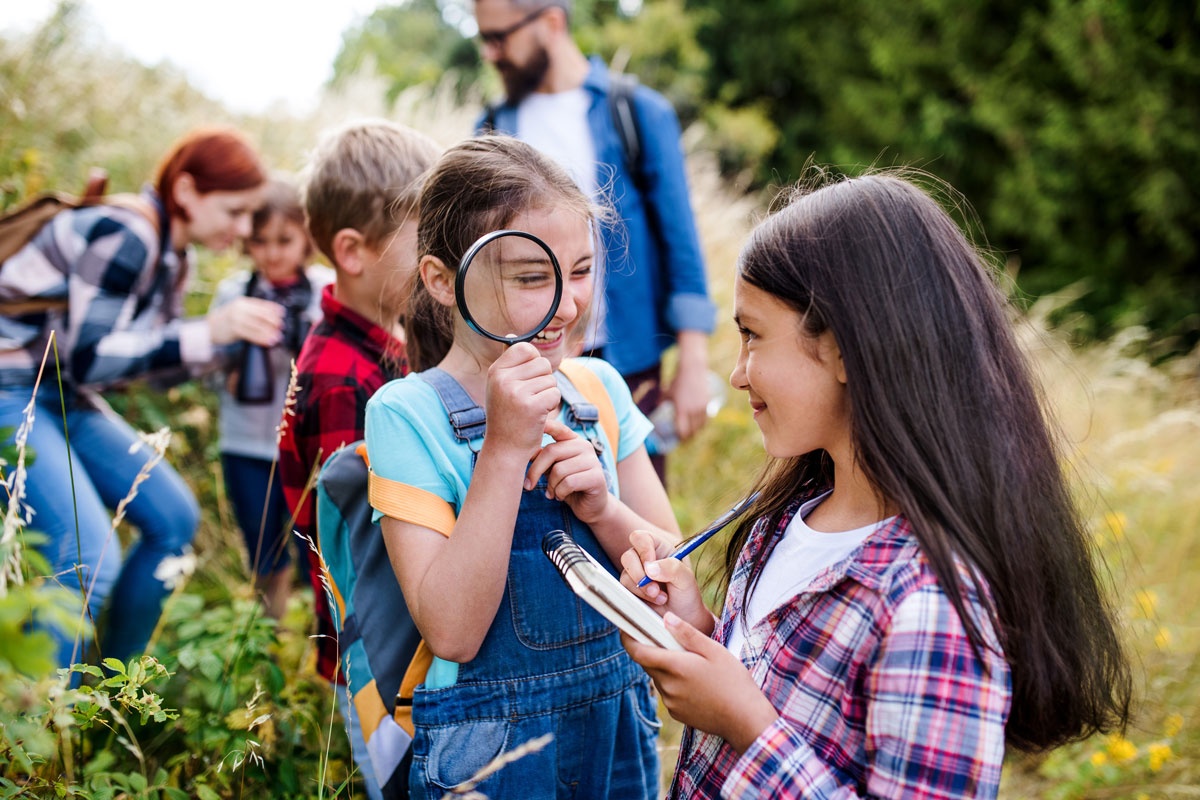
Life Lessons Learned at Overnight Camp
Ask anyone who has ever been to overnight camp about his or her experience, and you will hear endless tales of comradery, cabin mates and campfires. Many times campers will say overnight camp was the first time they rode a horse or shot a bow and arrow or flew down a zip line. It's where they learned to make their beds and keep their belongings tidy in cramped quarters. With the perfect blend of adventure and responsibility, camp life teaches kids valuable lessons they can use for the rest of their lives. If you send your child to overnight camp, here are some life lessons they are likely to learn.
How to communicate face-to-face.
Tom Rosenberg, President and Chief Executive Officer of the American Camp Association, says today's youth spends so much time on technology, that learning to communicate face-to-face with peers is important.
He quotes a Pew Research Center study that says "Just 25 percent of teens spend time with friends in person outside of the school day on a regular basis."
In light of that statistic, overnight camp is good place to get kids to socialize without technology.
"About 90 percent of camps don't allow kids to have computers or cell phones," says Rosenberg. "In general, camps are an oasis for human-powered socialization."
How to be independent
For many children, camp is the first time they are away from parents and the familiarity of home.
While this may cause some homesickness, it also gives children an opportunity to overcome being homesick. And without parents there, children learn to pick up after themselves and keep up with their things. Overnight camp can also prepare students for independence in their next steps in life, like trips abroad and college.
How to be a part of community living.
Sometimes it's hard to live with other people, especially if other people drape their clothes over your bed or hog the shower. And it's not like kids can escape to their own room when they are at summer camp because everyone bunks together in one cabin. But kids can learn to work out differences they may have about how they share their living spaces, and it's more fun for campers to do the cabin chores together than alone. As they grow up, kids have to learn to work in groups in their communities."That cabin group has community building at its core," says Rosenberg.
How to embrace diversity.
Children who go to camp meet other campers from all over the country. They meet kids from different socioeconomic and cultural backgrounds. In a study conducted by Philliber Research Associates and the American Camp Association, 94 percent of campers said "Camp helped me get to know other campers who were different from me." Rosenberg says this is important for kids in the 21st Century. "Making new friends is an essential skill kids are going to need to have."
How to overcome fears.
Going to camp takes kids out of their normal day-to-day setting and gives them a chance to try things they might not try when they are at home. In the Philliber study, 74 percent of the kids surveyed said "At camp I did things I was afraid to do at first." Children may feel more comfortable taking a risk around new acquaintances than they do under the watchful eye of parents, siblings or school peers. If they are trying an activity they have never tried before, they may feel encouraged by staff or counselors who are there to support and guide them.
How to become resilient.
Camp life doesn't always go as planned, and kids learn to adapt and move with what's happening around them.
Camp goers also grow more resilient from trying again when they fail, according to Rosenberg.
"Part of growing up is learning that you are not always going to be successful. Sometimes campers fail and counselors help them try again," says Rosenberg. "Camp is a safe place to make mistakes."
Going to overnight camp benefits kids in many ways. It provides a place where kids can get out of their daily setting and have new adventures, meet new people and learn new skills. And while they are doing all of those things, they will probably learn a few life lessons that will stay with them forever.
Find day and sleep-away camps in our camp guide at stlcamps.com
Janeen Lewis is a freelance journalist and mom to Andrew and Gracie. Some of her fondest memories happened at overnight camp.







